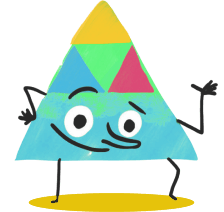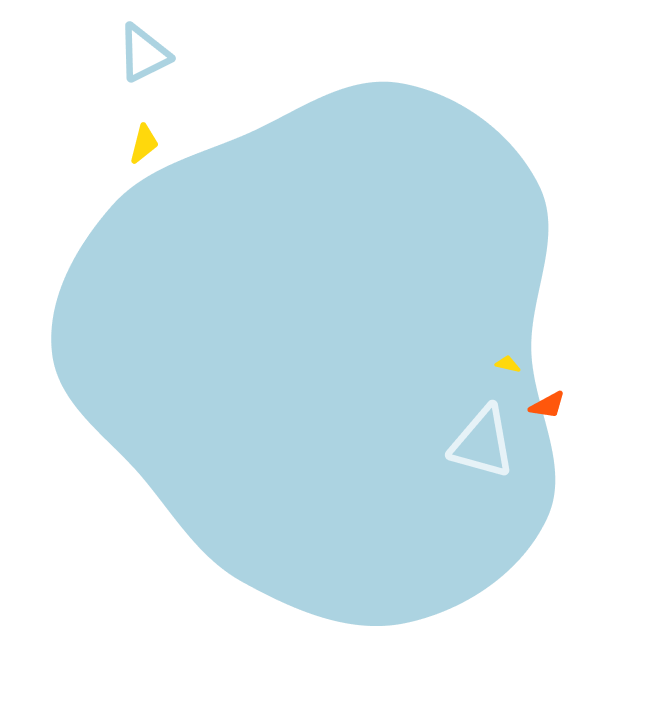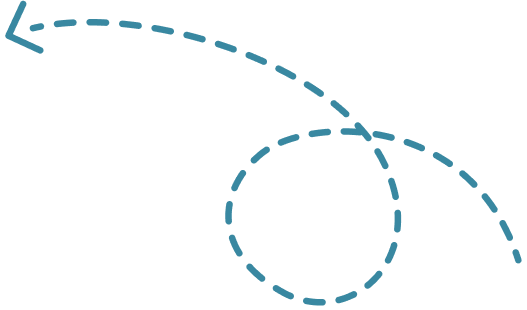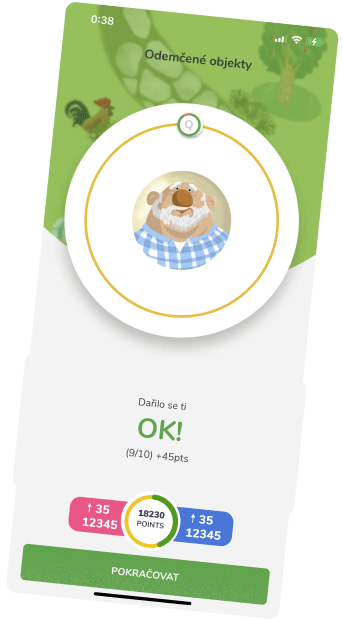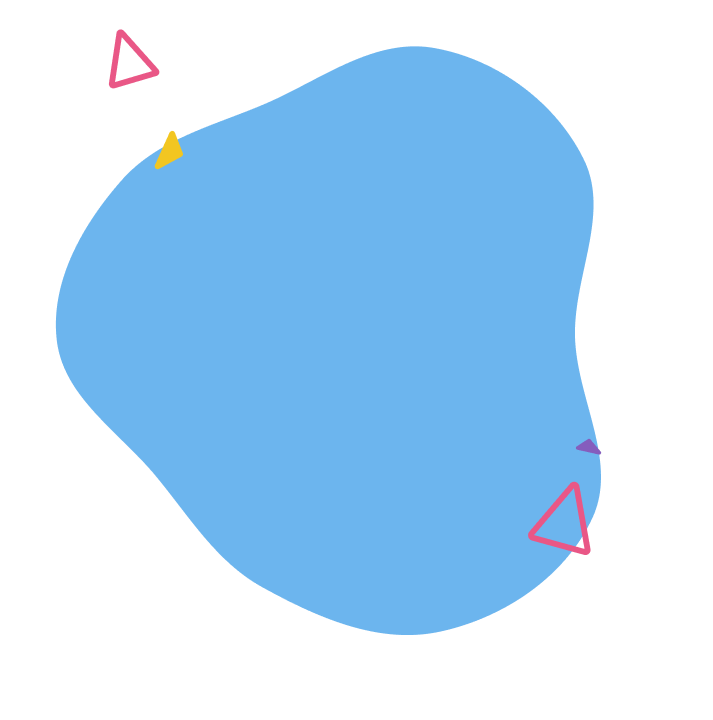English phrasal verb practice with "draw in" and "draw out"
The annual Winter Festival in Pineville drew in visitors [přilákal návštěvníky] from all around the region. As the days drew in [se dny přibližovaly] and the nights became longer, everyone was preparing for the celebration. Bright lights and colorful banners made the town square look magical for families and friends to come together.
One chilly evening, Emma and her younger brother, Alex, decided to visit the festival. The smiling faces in the crowd and the smell of hot cocoa drew them in from the cold [lákaly ze zimy dovnitř ]. They looked around at the various booths and games.
At one booth, an old man was telling stories about the town's history. His voice drew in a crowd [dovnitř přilákal zástup] of curious listeners. Emma and Alex tried to get closer. The old man saw their interest and began to draw them out with questions [lákat na otázky]. "Do you know why we started this festival?" he asked. Alex, who was usually quite shy, guessed it was to celebrate the end of winter.
"Close, but not quite!" the old man chuckled. "It’s to celebrate the community spirit that keeps us warm through the winter." He continued to draw out the story [líčení příběhu] with more about past festivals.
Emma and Alex decided to stay longer than they had planned. Emma drew out their visit [protáhla jejich návštěvu] by wanting to wait for the fireworks.
As the night went on, the festival drew in more people. Laughter and music filled the air. The fireworks were spectacular.
By the time Emma and Alex walked home, they felt happy and connected to their town. The festival not only drew them out [je vytáhl] of their house but also drew them closer to their neighbors [je víc přiblížil k jejich sousedům] and the stories of their own town.
That winter night, as they returned to the warmth of their home, they realized how much they had learned and how much fun they had simply by being drawn out and into the heart [vytáhl ven a do samotného nitra] of Pineville.










